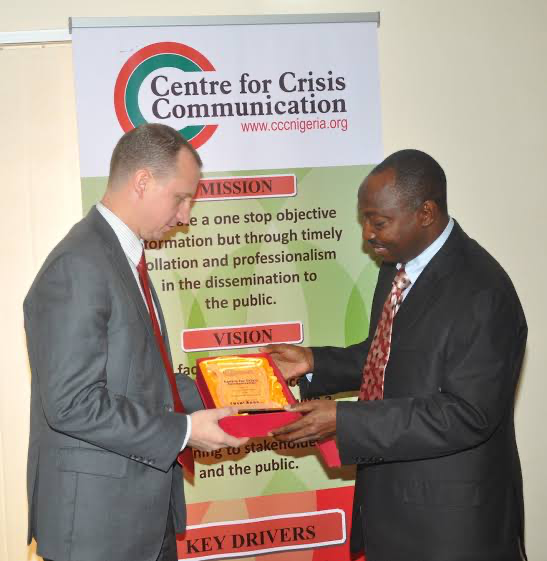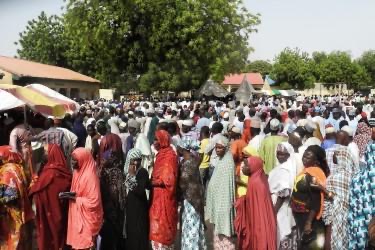Lakurawa-Bandits Alliance and Renewed Attacks on Security Bases
By Mukhtar Ya’u Madobi,
Recently, residents of Sokoto and Kebbi communities raised alarms, urging the government and security agencies to take swift action against the alliance between Lakurawa insurgents and bandit terrorists.
This call for action followed a surge in attacks on civilians and security forces by the Lakurawa group—previously regarded as a non-violent community of herders unfamiliar to Nigeria.
Early this Year, this group attacked Natseni village in Argungu Local Government Area of Kebbi State, killing two policemen and rustling over 200 cattle. A few days later, Lakurawa insurgents extended their reign of terror by killing three Airtel telecom workers and one local resident in Gumki village, Arewa Local Government Area of Kebbi State.
These incidents occurred despite claims by the Ministry of Defence that the Lakurawa terrorist group had been neutralized and dislodged from Nigerian territories. Regrettably, these attacks persist even amid ongoing military operations aimed at containing their activities in the northwest.
Local residents have also confirmed the alliance between Lakurawa insurgents and bandit groups. Mallam Altine Isa, a resident of Isa Local Government Area in Sokoto, corroborated this collaboration. Mallam Yusuf Dingyadi noted an increase in terrorist attacks, particularly along the Gusau-Sokoto road.
Dr. Murtala Rufai, a Sokoto-based security expert, highlighted this collaboration as a significant challenge for security forces. He said: “Initially, the Lakurawa group chased away bandits, but now they have realized their mutual goals. They are working together to expand their numbers and territory, making it increasingly difficult for security forces to neutralize them.”
Remember that the Lakurawa group is reportedly affiliated with other Sahel-region terrorists from Mali and Niger Republic, aiming to establish a Caliphate.
Meanwhile, the Theatre Commander of Joint Task Force North West Operation Fansan Yamma, Major General Oluyinka Soyele, recently reiterated the troops’ commitment to confronting the Lakurawa group along the Nigeria-Niger border.
During an operational visit to the tactical headquarters of the DHQ Special Operations Brigade in Balle, Gudu Local Government Area of Sokoto State, he stressed the necessity of unwavering commitment from troops involved in Operation Flush Lakurawa Out to achieve set objectives.
Another pressing security challenge is the growing frequency of attacks on military and police installations by Boko Haram/ISWAP terrorists in the northeast, particularly Borno State. These groups have taken the battle directly to the doorsteps of security forces.
In one incident, terrorists launched an ambush on a military base in Sabon Gari, Damboa Local Government Area, Borno State, killing six personnel. However, reinforcements from the military, Civilian Joint Task Force, and vigilante groups repelled the attack, eliminating 34 terrorists. Sadly, four soldiers paid the supreme price with their precious lives.
A subsequent attack by Boko Haram also targeted the Nganzai Police Division in Borno State, resulting in the death of two officers and the destruction of the facility with explosives.
On January 15, another alarming incident occurred when an unspecified number of soldiers, vigilantes, and civilians went missing after being ambushed in Baga near Lake Chad. The troops were on a mission to recover the bodies of 40 farmers killed earlier by Boko Haram.
These developments point to a disturbing trend where non-state actors aim to demoralize security forces and inflict psychological damage, thereby diminishing their resolve and commitment to fight.
To counter this, security forces must implement proactive measures, including the continuous adoption of cutting-edge technologies such as artificial intelligence (AI), drones, satellites, robotics, big data, and the Internet of Things (IoTs).
These tools can enhance intelligence gathering, surveillance, and early-warning systems for averting threats, thus bolstering national security.
The Office of the National Security Adviser (ONSA), headed by Malam Nuhu Ribadu, must coordinate efforts toward disrupting the activities of these various terrorist groups.
Mukhtar Ya’u Madobi is a research student at the Nigerian Defence Academy (NDA) and the author of National Security Strategy: A Young Writer’s Perspective. He can be reached at ymukhtar944@gmail.com



